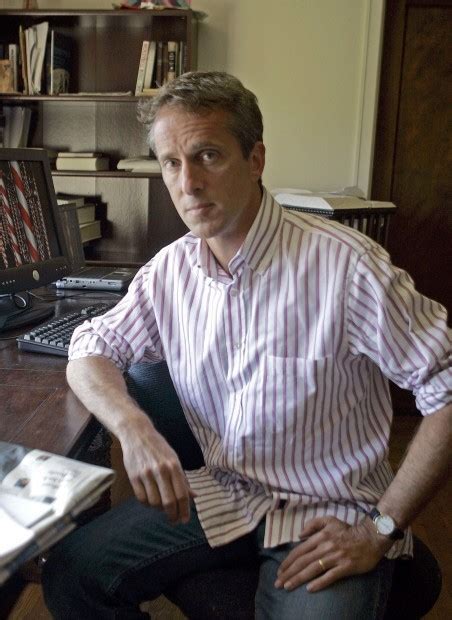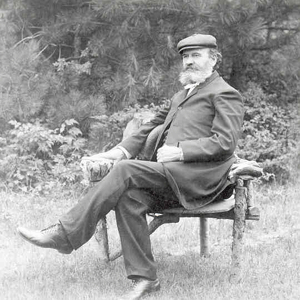A Quote by Thomas Kuhn
The man who is striving to solve a problem defined by existing knowledge and technique is not, however, just looking around. He knows what he wants to achieve, and he designs his instruments and directs his thoughts accordingly. Unanticipated novelty, the new discovery, can emerge only to the extent that his anticipations about nature and his instruments prove wrong... There is no other effective way in which discoveries might be generated.
Related Quotes
When the Spirit of God comes into us, He wants to be Himself in us. He wants His energy to be poured through us. He wants His wisdom to be deposited in our hearts. He wants His instinct and nature to be evident and obvious in you.He wants us to see what He is looking at, to feel what He feels, to know what He knows, to work with His projects, see life the way He sees it, get His ideas and know His opinion about yourself and others.
Of all man’s instruments, the most wondrous, no doubt, is the book. The other instruments are extensions of his body. The microscope, the telescope, are extensions of his sight; the telephone is the extension of his voice; then we have the plow and the sword, extensions of the arm. But the book is something else altogether: the book is an extension of memory and imagination.
To live his life in his own way, to call his house his castle, to enjoy the fruits of his own labour, to educate his children as his conscience directs, to save for their prosperity after his death -- these are wishes deeply ingrained in civilised man. Their realization is almost as necessary to our virtues as to our happiness. From their total frustration disastrous results both moral and psychological might follow.
Man is born an asocial and antisocial being. The newborn child is a savage. Egoism is his nature. Only the experience of life and the teachings of his parents, his brothers, sisters, playmates, and later of other people FORCE HIM to acknowledge the advantages of social cooperation and accordingly to change his behavior.
The future mathematician ... should solve problems, choose the problems which are in his line, meditate upon their solution, and invent new problems. By this means, and by all other means, he should endeavor to make his first important discovery: he should discover his likes and dislikes, his taste, his own line.
But there's the rub. The present can never deliver one thing: meaning. The way of happiness and meaning are not the same. To find happiness, a man need only live in the moment; he need only live for the moment. But if he wants meaning--the meaning of his dreams, his secrets, his life--a man must reinhabit his past, however dark, and live for the future, however uncertain. Thus nature dangles happiness and meaning before us all, insisting only that we choose between them.
Nature never rhymes her children, nor makes two men alike. When we see a great man, we fancy a resemblance to some historical person, and predict the sequel of his character and fortune, a result which he is sure to disappoint. None will ever solve the problem of his character according to our prejudice, but only in his high unprecedented way.
We are here on this earth to know God intimately, fully, correctly, and contagiously; to house His holy person in our very bodies, allowing Him to showcase to the world around us His loving nature, His attitude, His thoughts, His emotions, and His actions through the way we live every moment of our lives.
Reason cannot desire for man any condition other than that in which not only every individual enjoys the most absolute, unbounded freedom to develop himself out of himself, in true individuality, but in which physical nature, as well, need receive no other shaping by human hands than that which is given to her voluntarily by each individual, according to the measure of his wants and his inclinations, restricted only by the limits of his energy and his rights.




































